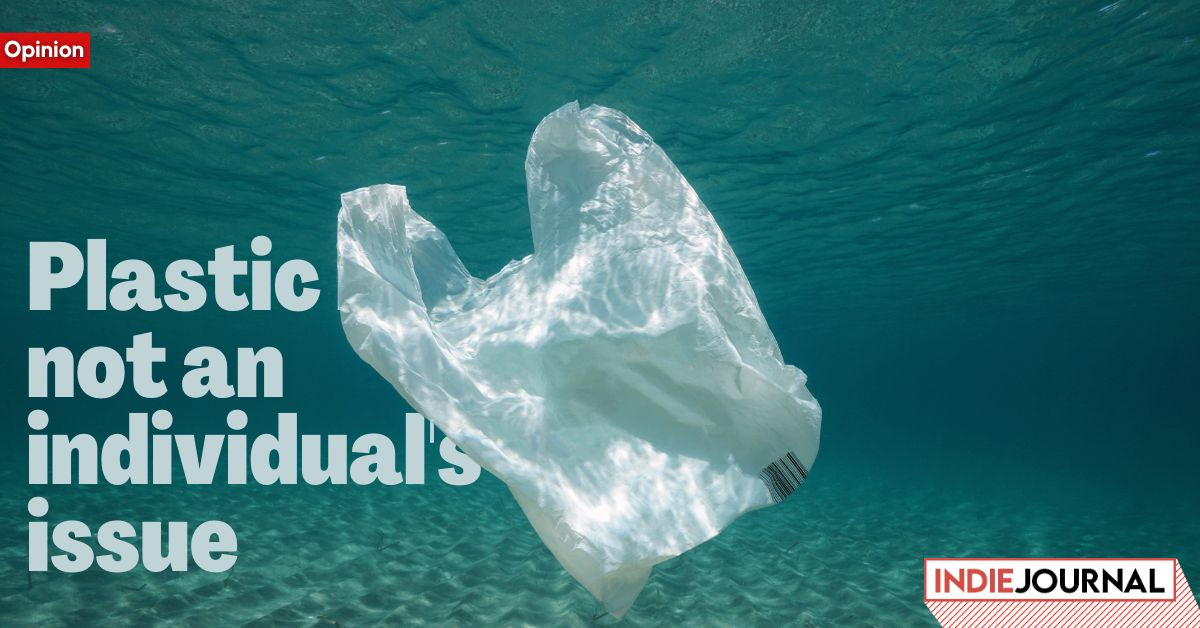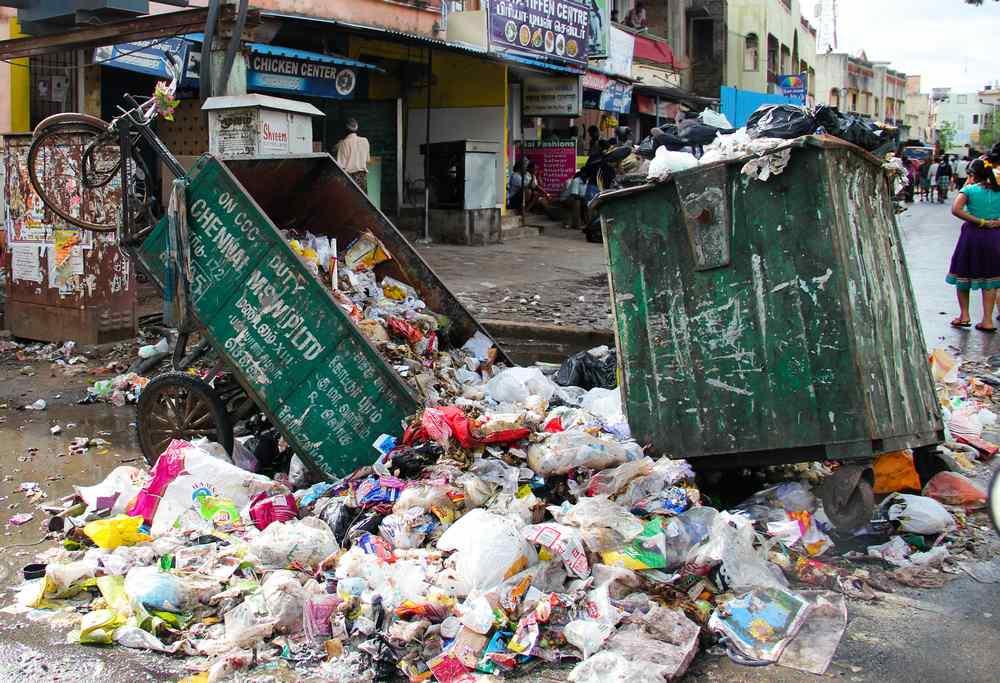Opinion
Individual action alone cannot help curb the plastic waste crisis
Plastic production has clearly increased multi-fold in the past few years.

Radhika Jhaveri | As someone who has been documenting plastic waste dumps since the past few years, I can say one thing for certain: that if visible waste dumps are any indication, plastic production has clearly increased multi-fold in the past few years. Whatever action the government has taken so far doesn’t seem to be having any impact whatsoever on the plastic waste crisis. Plastic is, as it always has, ending up in our rivers, farms, forests, oceans, gutters, highway sides with no one knowing what to do with it once it has been discarded.
In Maharashtra, for instance, one of the most common ways in which both people and governments are dealing with the waste crisis is by burning it. Governments across the country are in fact even resorting to false solutions like Waste to Energy plants to deal with the sheer burgeoning mass of waste produced everyday. Most of the landfills have surpassed their capacities and Municipal bodies can be seen dumping waste wherever they think no one is looking – river beds, mangroves, forests, by the side of highways.
As is custom with everything to do with the climate crisis, plastic waste too is being viewed from the lens of individual action. If one were to speak to people to find where the pulse lies with this problem, almost all of the answers point towards individual action and place the problem firmly in the laps of individuals rather than corporations or the government. The popular opinion regarding plastic waste seems to be that Indian society is not concerned with cleanliness and hence our cities, villages have become so engulfed with filth.

Photo: Earth Day
The problem is also bundled with poverty and made to look like a ‘poor people’ problem. Given that rich housing societies have their waste picked up and poor neighbourhoods do not, it has given rise to a public impression that believes that an area is clean because rich people are keeping it clean while the poor are not.
This notion has been perpetuated by popular media, schools, colleges that all it takes to deal with the crisis is to ensure that individuals segregate and put their waste in a bin. There is very little awareness about what happens to the waste once it enters the bin or once it has been picked up by municipal authorities. A large number of people therefore think that the reason why there is so much litter is because individuals have failed to properly put their garbage in the allocated waste bins. That it is a sign of ‘uneducated behaviour’.
No one seems to be thinking about the role of FMCG companies in perpetuating the crisis. No one seems to be thinking about government inaction or its unwillingness in taming the FMCGs. No one seems to be thinking that individual action cannot possibly stop the production of plastics which is where the problem lies in the first place.
By 2050, there will be more plastic than fish in the ocean.
— Bapi Gochhayat (@BapiGochhayat2) March 10, 2023
While I was cleaning up plastic waste on Paradeep Beach in India, I found one plastic bottle from THAILAND and one from MYANMAR.
Save Our Ocean
Save Our Marine Animal pic.twitter.com/WL1mOprDes
Even if people were to change their behaviours overnight and every person acted ‘responsibly’ and made sure that they were segregating their waste, dropping recyclables at recycling centres, stopped mindless littering and did everything right; the problem will still not go away. There will still be a lot of plastic waste on our hands and no means of putting it ‘away’. The majority of plastics produced are not recyclable and even with the amount of recyclable plastic already produced, recycling capacities cannot match the number of plastics being produced. Another problem is that plastics are not endlessly recyclable. They are eventually, ultimately going to end up in landfills.
Individual actions have several other limitations – access to zero-waste everyday necessities being one of the primary reasons for not being able to shift away from plastics. Anyone who has tried to turn their home into a zero-waste space can tell us how much time, money and effort it requires to accomplish this. We are living in a world with so much plastic that outrunning it is a near impossibility, which is part of the reason why zero-waste lifestyles are largely found almost exclusively in urban upper-class homes.
We cannot escape the fact that at its core, the plastic crisis is a structural problem- it is a by-product of a failed system of centralised production. Dealing with a crisis this large requires massive resources, system changes, circular economy models of production and consumption, infrastructure, awareness-building mechanisms, power to ensure compliance, alternatives – all of which is beyond the reach of individuals. It is time that we face the reality – Unless plastic production stops, nothing any individual does is going to solve this crisis. If we are to deal with this crisis, we MUST look towards government action.
Radhika Jhaveri is a volunteer with Let India Breathe, an environment communications collective that works with environmental issues across the country.






